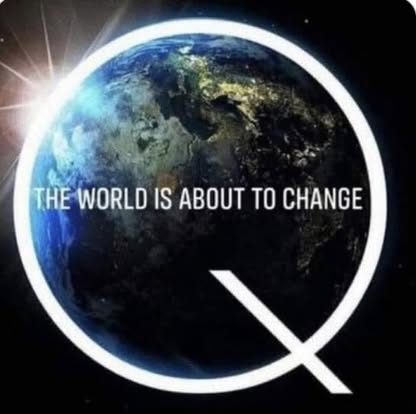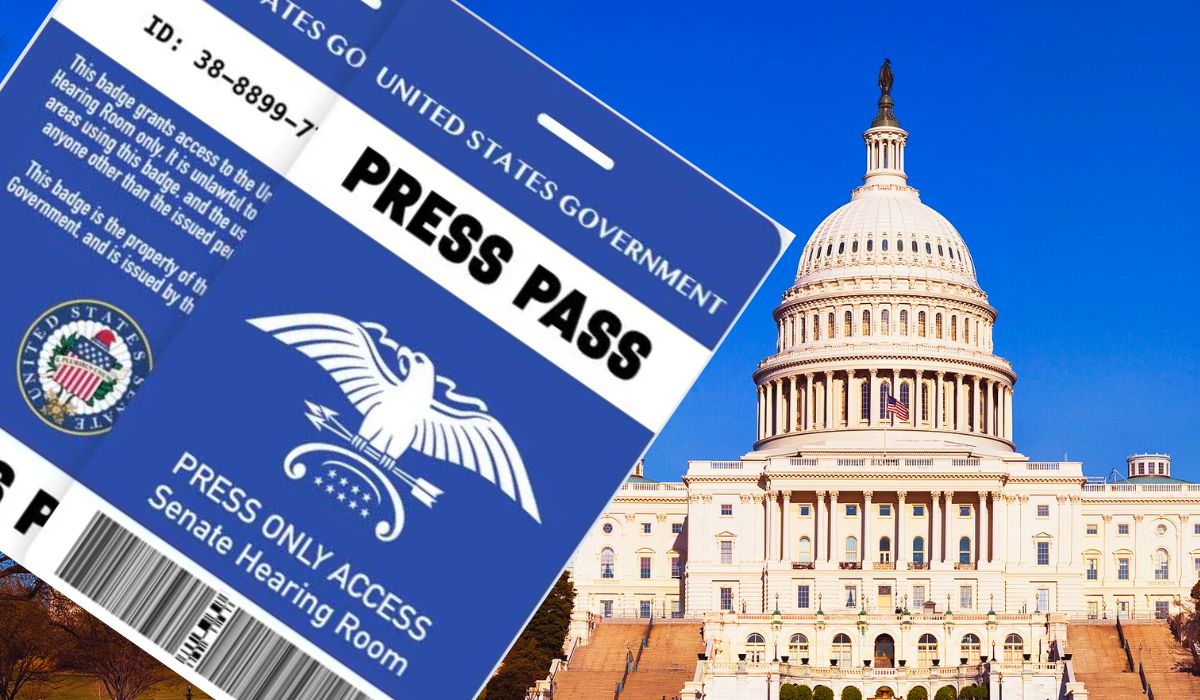
The long knives are out at the Pentagon.
We have in recent days seen the ouster of some of Defense Secretary Pete Hegseth’s top aides, including at least one leading voice for foreign-policy restraint within recent days.
But the real target is clearly Hegseth himself. “If Mr. Hegseth is wise,” the Wall Street Journal editorial board advises, “he’ll use the staff shakeup to hire some loyal grownups who know the building, instead of the self-promoting isolationists he first brought in.”
The end result of the shake-up could be that Hegseth is isolated himself. A Defense News report described a holdover from the former Defense Secretary Lloyd Austin as the “only guy standing.” Whether that is an adequate base of support remains to be seen. Semafor reported that Hegseth’s job was safe for now, but “after some of Hegseth’s closest allies were fired for reasons that aren’t yet clear, he’s on an island at the Pentagon.”
Yet the White House has thrown Hegseth a lifeline. “The president stands strongly behind Secretary Pete Hegseth, who is doing a phenomenal job leading the Pentagon,” declared press secretary Karoline Leavitt. “This is what happens when the entire Pentagon is working against you and against the monumental change you are trying to implement.”
President Donald Trump’s support is, and will continue to be, decisive. A major factor that has seen Hegseth through the original Signalgate controversy, its sequel, and the chatter that the Pentagon chief should be fired is that most (though by no means all) of the people gunning for him range from sharp critics to fair-weather friends of the president himself.
Trump does not want to give Democrats, Jeffrey Goldberg of the Atlantic, Never Trumpers, or neoconservatives and neocon-adjacent hawks who will bail from the Trump train the moment there is any kind of deal with Iran, Russia and Ukraine, or elsewhere a scalp that will demoralize the base. This is, for now, an area where Trump will heed his detractors’ ubiquitous advice that appeasement doesn’t work.
It is also the case that “chaos,” one of the main charges against Hegseth, is frequently leveled against Trump himself. Trump can live with more disorder and dysfunction than your average person, though the palace intrigue is down markedly from eight years ago.
Finally, Hegseth’s tenure would be re-litigated at the Senate confirmation hearings for his replacement. Elbridge Colby’s confirmation process to become undersecretary of defense for policy was more difficult than expected, though the final vote on his nomination was not particularly close. Some Democrats voted for him, but would be harder pressed to support a Hegseth successor in the top job.
When Hegseth’s nomination was imperiled, he saved it with a media blitz that used the communications skill that made him Trump’s choice in the first place. Questions about Hegseth’s ability to manage the massive Pentagon bureaucracy remained, leading to Republican defections in the Senate (though all of these came from the GOP senators least supportive of Trump: Mitch McConnell, Lisa Murkowski, and Susan Collins).
Vice President J.D. Vance’s tie-breaking vote pulled Hegseth across the finish line.
In his first term, Trump largely ignored the adage that personnel was policy. This compromised his ability to make a clean break from George W. Bush’s policies in key areas as promised during the 2016 campaign.
The second time around, this is much less of a problem. There are nevertheless many profound disagreements inside the Trump administration, especially on foreign policy. Those are starting to play out in the public eye as critical decisions are about to be made.
Subscribe Today
Get daily emails in your inbox
There is also still the question of whether enough Trump loyalists and messengers have the administrative chops to successfully implement dramatic changes in policy. There are some areas where this has clearly improved, others where the jury remains very much out.
It is not entirely clear whether Hegseth’s problems stem more from the ideological warfare inside the Trump administration (much of it over literal warfare) or his own managerial skills.
Policy in the end matters more than personnel, but the Beltway cliche that they are inextricably linked is ultimately true. Personnel is policy, even in Trump 2.0.





